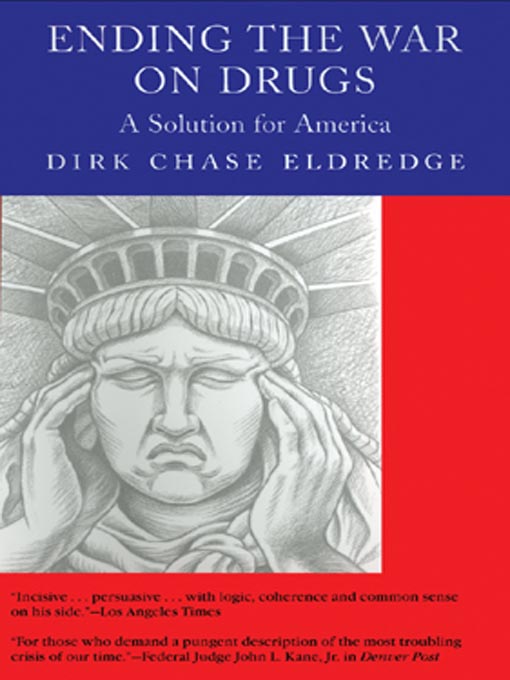In this outstanding examination of the country's most troubling problem, a conservative Republican shows how and why America is losing the war on drugs and makes an important contribution to the debate on alternative policies.
Author Dirk Eldredge demonstrates how the drug war has led only to overcrowded courts and prisons, rising crime, official corruption, eroded civil rights and race relations, and new public health crises. He makes the case for an alternative strategy: tightly controlled legalization accompanied by expanded drug education, prevention, research, and treatment programs.

